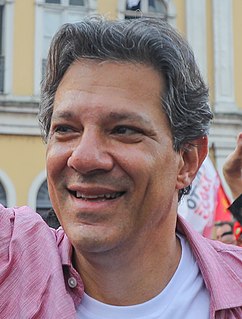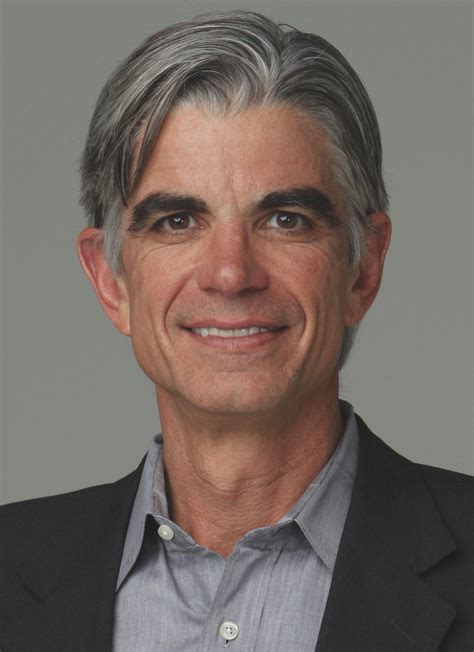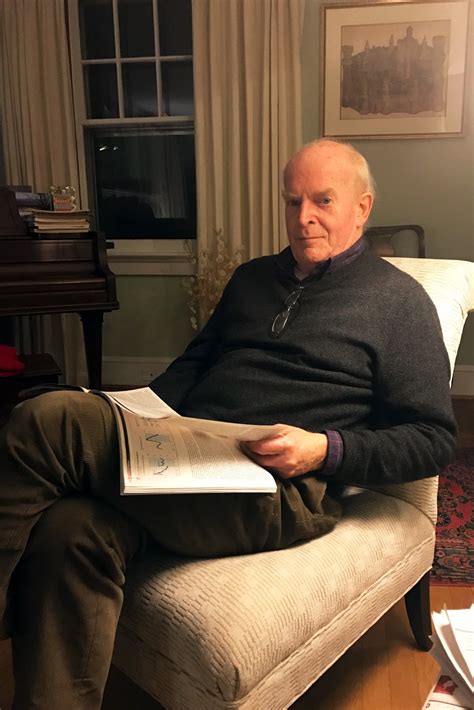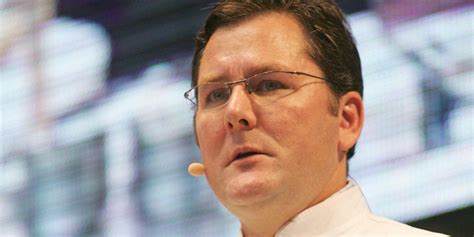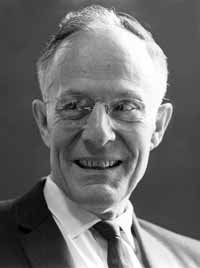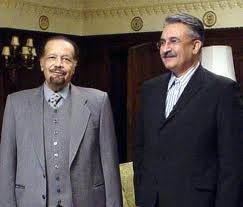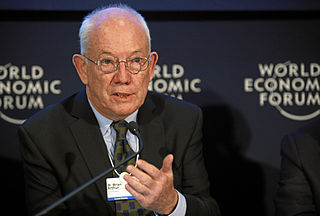Top 1200 Trickle Down Economics Quotes & Sayings - Page 3
Explore popular Trickle Down Economics quotes.
Last updated on April 16, 2025.
My Prime Minister regards the economy as our highest priority and forgets that economics and ecology are derived from the same Greek word, oikos, meaning household or domain. Ecology is the study of home, while economics is its management. Ecologists try to define the conditions and principles that enable a species to survive and flourish. Yet in elevating the economy above those principles, we seem to think we are immune to the laws of nature. We have to put the ‘eco’ back into economics.
The money was all appropriated for the top in the hopes that it would trickle down to the needy. Mr. Hoover didn’t know that money trickled up. Give it to the people at the bottom and the people at the top will have it before night, anyhow. But it will at least have passed through the poor fellow’s hands.
Whether we like it or not, it is a fact that economics cannot remain an esoteric branch of knowledge accessible only to small groups of scholars and specialists. Economics deals with society's fundamental problems; it concerns everyone and belongs to all. It is the main and proper study of every citizen.
If Trump and his team are able to lower the corporate tax rate to 15%, you look out. The left have told people that corporations are gonna hide the money or shelter the money or keep it for the CEO. They're not gonna give it away, they're not gonna sharing it, it isn't gonna trickle down. You watch.
As a multisport athlete, I was always fascinated with competition and how to win. At HBS and later at the Harvard Department of Economics, I was drawn to the field of competition and strategy because it tackles perhaps the most basic question in both business management and industrial economics: What determines corporate performance?
I do sense, as compared with let's say the early '50s, there's somewhat more of a careerism. I don't think it's anything special to economics; it's equally true with physics or biology. A graduate education has become a more career-oriented thing, and part of that is because of the need for funding. In fact, that's a much worse problem in the natural sciences than it is in economics. So you can't even do your work in the natural sciences, particularly, and even to some extent in economics, without funding.
Pope Francis emphatically does not buy the argument that poverty can be alleviated by the 'trickle down' effects of wealth creation. He is deaf to arguments that the global economy has brought a billion people out of poverty. He is convinced, in short, that the best and only way to expel poverty is fairer distribution of the world's goods.
I began my career as an economics professor but became frustrated because the economic theories I taught in the classroom didn't have any meaning in the lives of poor people I saw all around me. I decided to turn away from the textbooks and discover the real-life economics of a poor person's existence.
It is argued by our GDP obsessed policy planners that eventually the money being made by the stock market operators or the IT industry would trickle down to the poor farmers in terms of ancillary jobs that would be created. But the fact is, that this has not happened, despite the boom in the stock market and the IT industry.
Modern economics is sick. Economics has increasingly become an intellectual game played for its own sake and not for its practical consequences for understanding the economic world. Economists have converted the subject into a sort of social mathematics in which analytical rigour is everything and practical relevance is nothing.
In the world of traditional economics, it shouldn't matter whether you use an opt-in or opt-out system. So long as the costs of registering as a donor or a nondonor are low, the results should be similar. But many findings of behavioral economics show that tiny disparities in such rules can make a big difference.
PLEASURE and pain are undoubtedly the ultimate objects of the calculus of economics. To satisfy our wants to the utmost with the least effort - to procure the greatest amount of what is desirable at the expense of the least that is undesirable - in other words, to maximize pleasure, is the problem of economics.
We should know that only replacing the economics of competition and greed with the economics of equitable cooperation will guarantee a globalization that takes advantage of potential efficiency gains in ways that also promote environmental protection, international equity, economic democracy, and variety.
If you go into a negotiating room and are like, 'Well I was on the same card as Conor McGregor, so maybe I should get a little bit more money,' they'll probably just look at you like, 'What? In what universe does that even make sense?' So I don't see how anyone could possibly think it's going to be a trickle-down effect.
Most intellectuals outside the field of economics show remarkably little interest in learning even the basic fundamentals of economics. Yet they do not hesitate to make sweeping pronouncements about the economy in general, businesses in particular, and the many issues revolving around what is called 'income distribution'.
Most of the people in the world are poor, so if we knew the economics of being poor, we would know much of the economics that really matters. Most of the world's poor people earn their living from agriculture, so if we knew the economics of agriculture, we would know much of the economics of being poor.
The perfect bacon sandwich is on white bread, very soft and very thick. Sourdough with a good crust. The bacon is half way to being crispy - and there's lots of it - and enough brown sauce to trickle down your arm. You've not really enjoyed a bacon sandwich unless 10 minutes later you're still licking your wrists.
I am opposed to all forms of control; I am for an absolute laissez faire, free, unregulated economy. I am for the separation of the state and economics, just as we had separation of state and church, which led to peaceful coexistence among different religions...so the same applies to economics. If you separate the government from economics, if you do not regulate production and trade, you will have peaceful cooperation, and harmony and justice among men.

